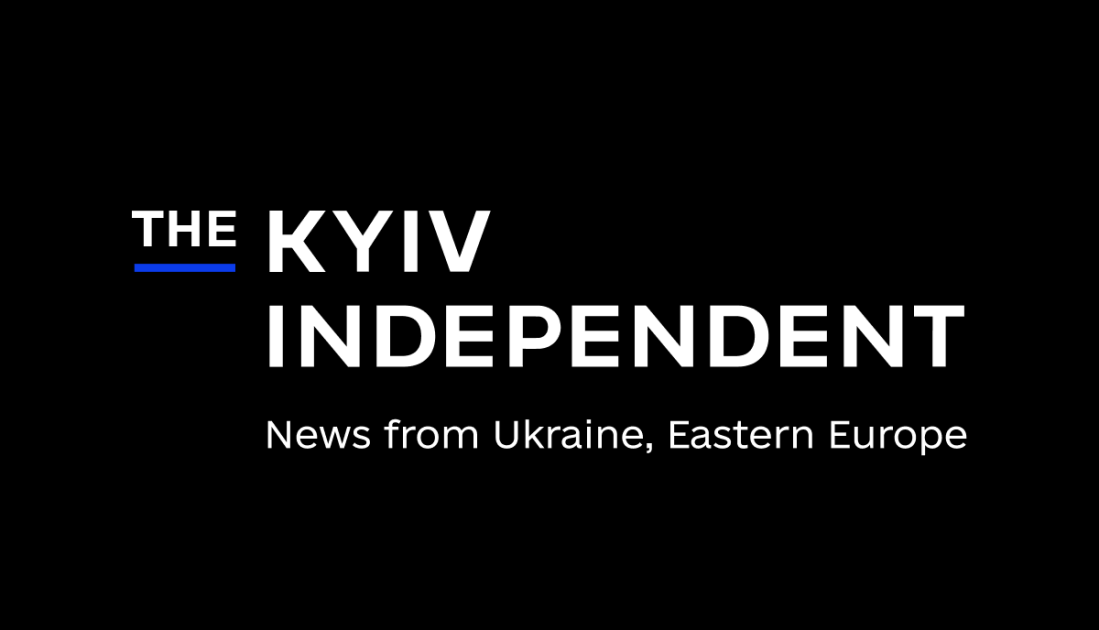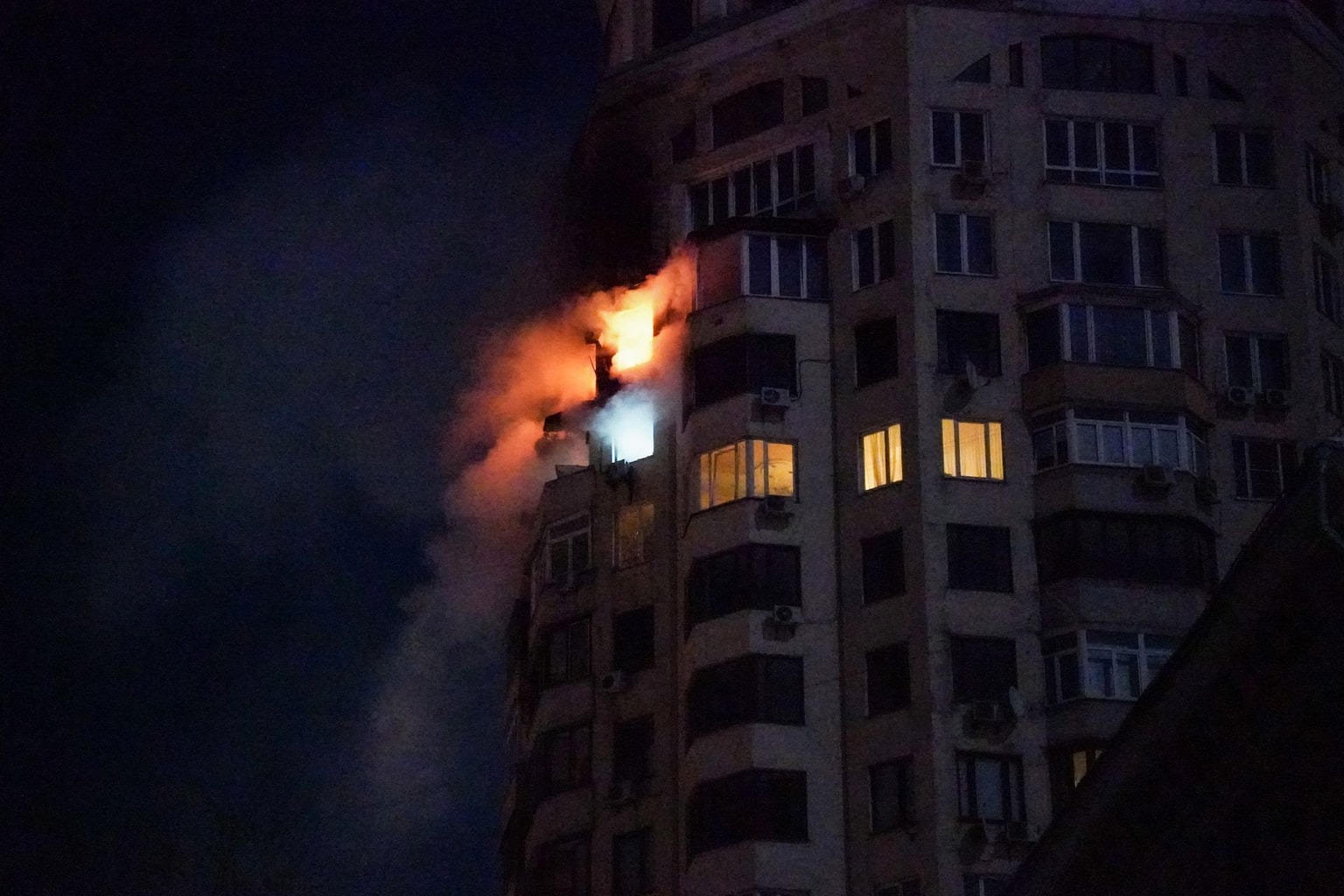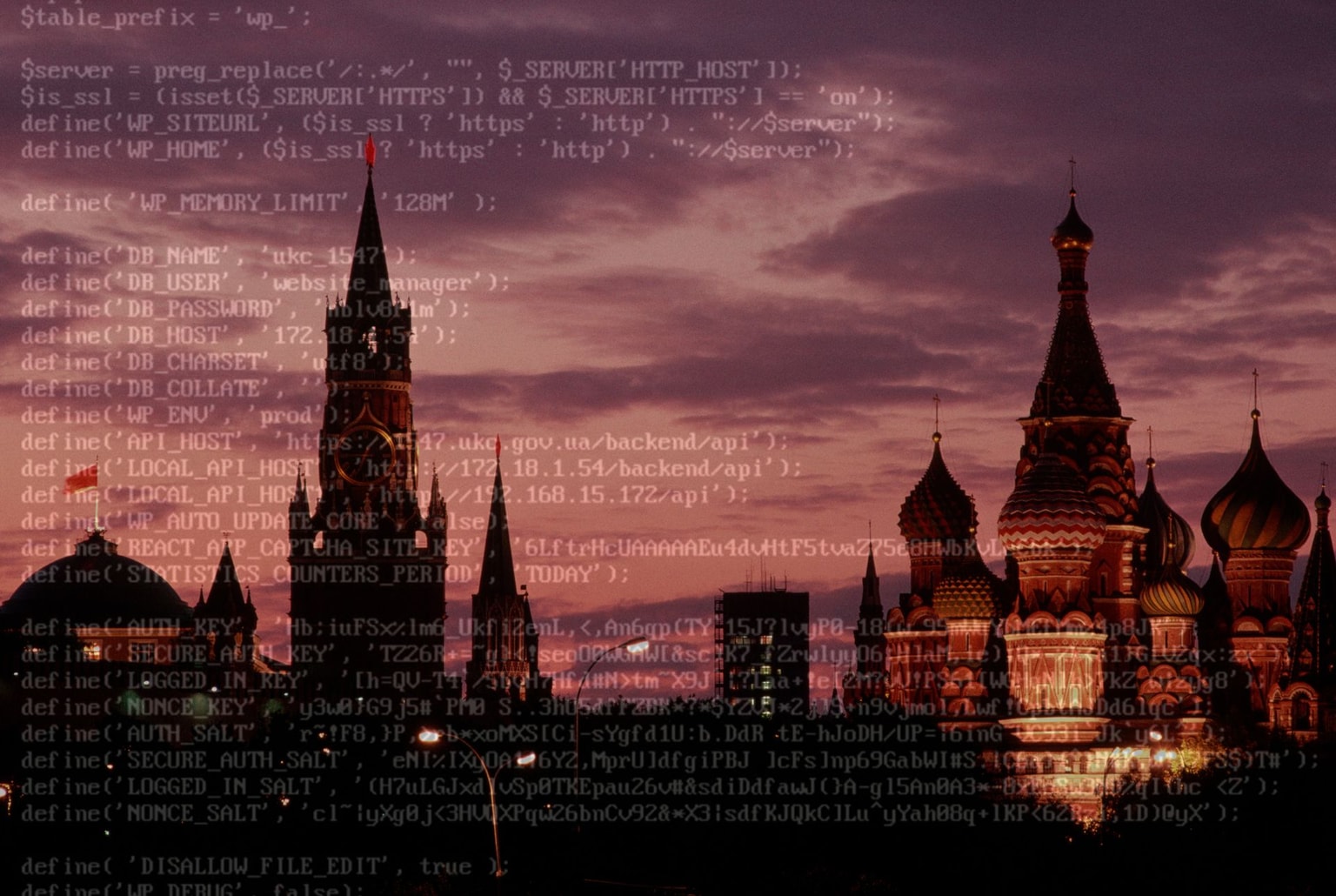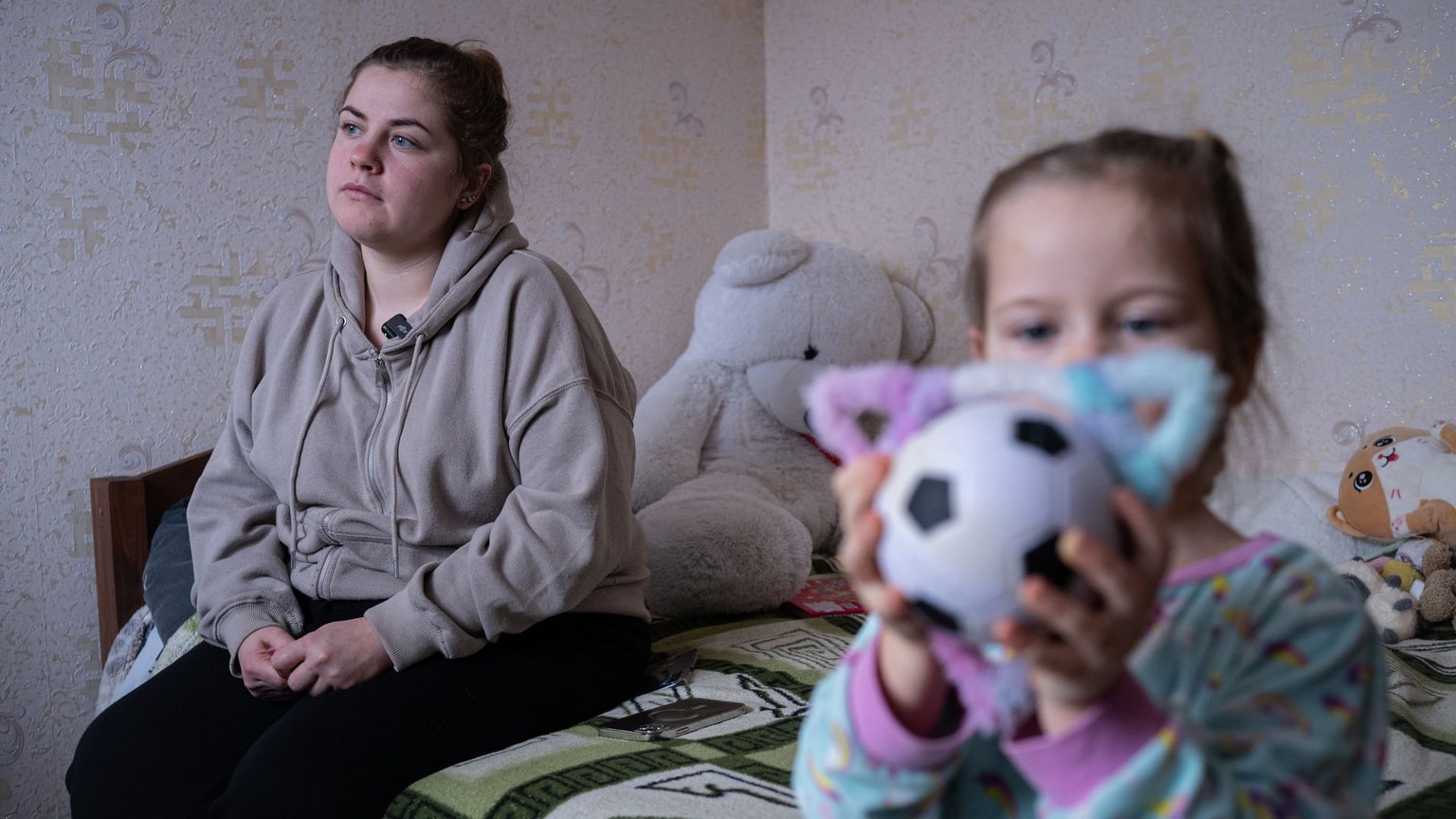The Lithuanian parliament decided on April 20 to override President Gitanas Nauseda's bid to introduce the same restrictions for Russians and Belarusian nationals.
Nauseda argued that Belarus, just like Russia, is taking part in the war against Ukraine and poses an even greater threat to Lithuania's national security interests than Russia. Instead, Lithuanian lawmakers reiterated their move to impose softer restrictions on Belarusian citizens and place stricter limits on Russian nationals.
Belarusian opposition leader Sviatlana Tsikhanouskaya, who lives in Vilnius, called for lighter restrictions for Belarusians.
The Seimas of Lithuania adopted the law on restrictive measures in view of military aggression against Ukraine in early April. The new law envisions temporary restrictions for Russians and Belarusians to receive Lithuanian visas, bring Ukrainian currency, and acquire real estate in Lithuania.
Under this law, Russian and Belarusian citizens would be subject to four sanctions until early May 2024, and another three would be in place for Russian citizens only.












